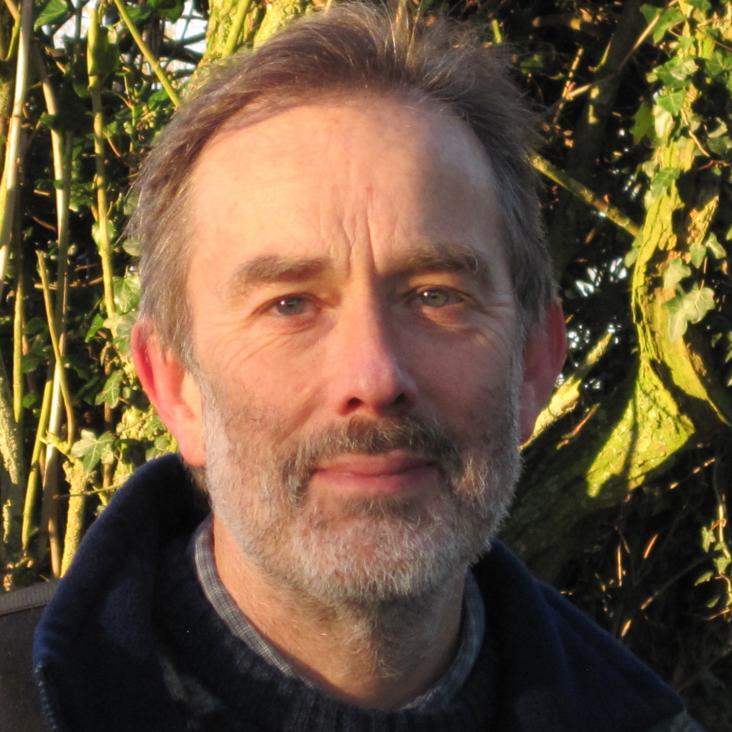Research
My research is in theoretical condensed matter physics. Condensed matter physics involves using well-established physical laws - mainly quantum mechanics, electromagnetism and statistical mechanics - to understand the behaviour of solids and fluids under the range of conditions that can be produced in the laboratory - for example, by varying temperature, pressure or magnetic field strength. It is a branch of physics in which there is a rich variety of phenomena. And although the underlying laws are known, the route from these laws to an understanding of nature can be very subtle.
More specifically, two separate areas that I am particularly involved in at present are many-body quantum systems far from equilibrium and geometrically frustrated magnets. Two other subjects on which I have worked extensively are the quantum Hall effect and disordered conductors.
Many-body quantum systems far from equilibrium are of intense current interest for a variety of reasons: new theoretical ideas and approaches have led to very interesting perspectives on the foundations of statistical mechanics; experiments that probe the behaviour of quantum systems far from equilibrium are currently developing rapidly in several separate fields of physics, ranging from cold atoms, through ultra-fast optics, to mesoscopic conductors; and there are important links to other branches of physics, from quantum computing and quantum information to black holes. I use a combination of analytical and numerical approaches to try to understand generic behaviour in broad classes of system.
Magnets with frustration are ones in which the microscopic interactions compete with each other, and in geometrically frustrated magnets this competition arises as a consequence of lattice structure. These systems are interesting because they behave very differently from ordinary, unfrustrated magnets. In particular, whereas conventional magnets reach an ordered state as temperature is reduced, frustrated magnets continue to fluctuate strongly even at low temperature. The theoretical and experimental effort in the area aims at understanding this fluctuating but highly correlated low temperature state.
Some of my earlier research contributions include: work on Anderson localisation in the context of the integer quantum Hall effect, in particular the formulation of the network model for the plateau transition; work on stripe and bubble phases in high Landau levels; identification of the chiral metal in multilayer quantum Hall systems; and studies of the Heisenberg model on the kagome and pyrochlore lattices.
Biography
John Chalker is a Professor in the Physics Department at Oxford University and a Senior Research Fellow at St Hugh's College, Oxford. He received his B. A. in Physics and Theoretical Physics from Cambridge University in 1978 and his D.Phil in Theoretical Physics from Oxford University in 1981. He held a SERC/NATO Postdoctoral Fellowship at Heidelberg University from 1981 to 1983. He was a Lecturer in Physics at Southampton University from 1983 to 1991, and has been a member of academic staff at Oxford University since 1991.
He was the Institute of Physics Mott Lecturer in 2000. He was awarded a Research Prize by the A. von Humboldt Foundation in 2000, the Rayleigh Medal and Prize of the Institute of Physics in 2008, and the Dirac Medal and Prize of the Institute of Physics in 2018.


